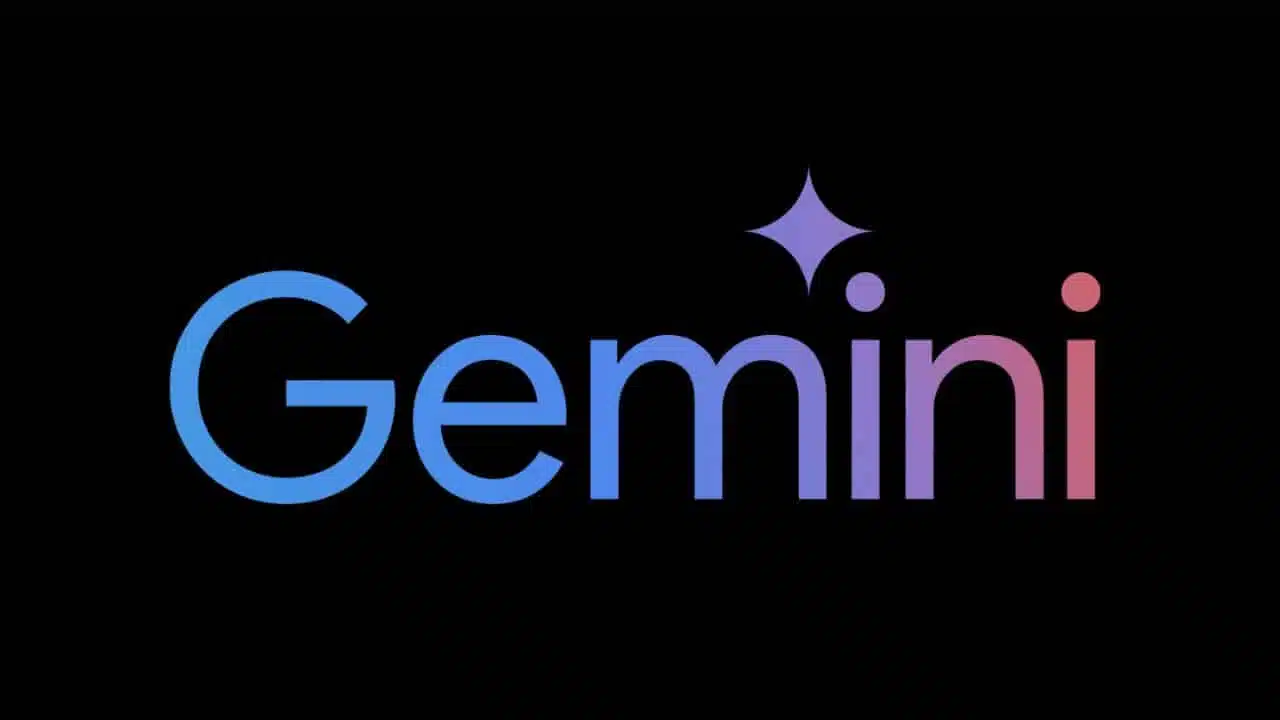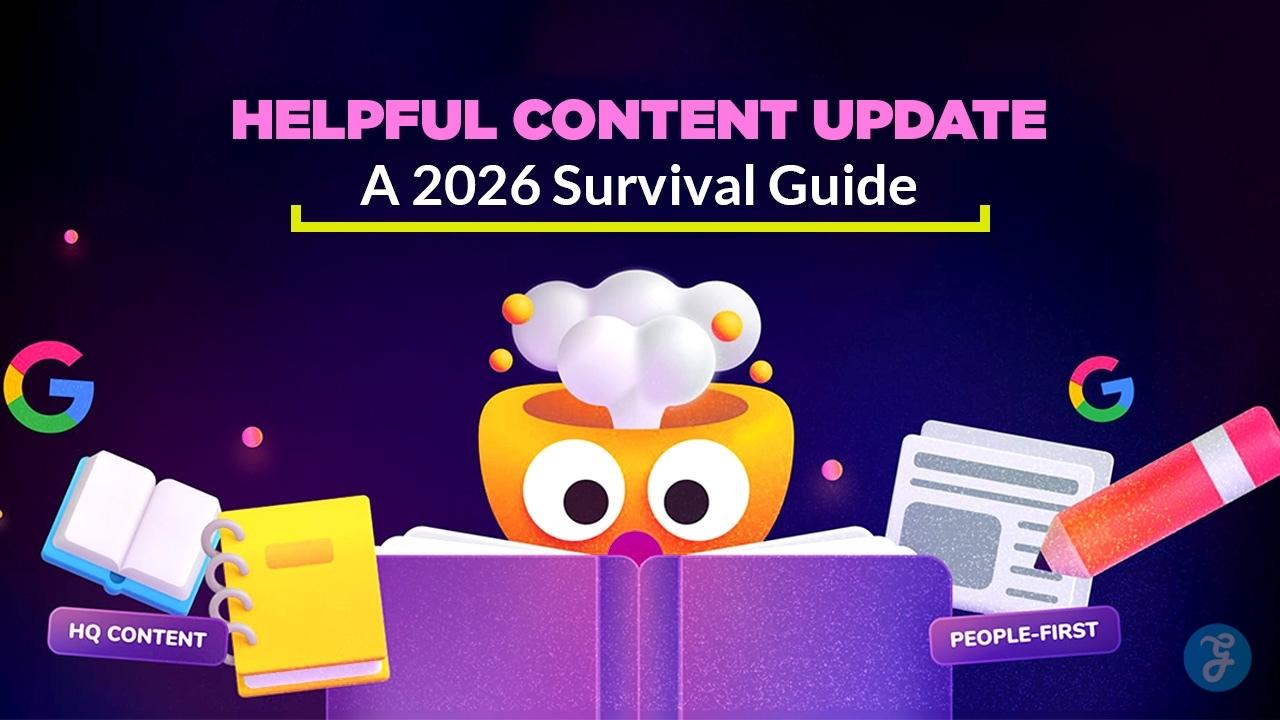Google, a company that revolutionized how we access information, has announced a groundbreaking leap in artificial intelligence (AI). The tech giant unveiled Gemini 2, an advanced version of its AI model, during a major announcement that highlights its vision for the future of AI-driven tools. Gemini 2 isn’t just a chatbot or a search enhancer—it’s an all-encompassing digital assistant designed to think, plan, and act on a user’s behalf.
With its enhanced capabilities, Gemini 2 promises to usher in a new era of virtual assistance, where AI becomes a vital part of everyday tasks—both online and offline. Google is placing significant bets on AI’s potential to revolutionize personal and professional workflows, ranging from coding and data analysis to shopping and scheduling.
According to Demis Hassabis, CEO of Google DeepMind, the development of Gemini 2 is a critical step toward achieving artificial general intelligence (AGI). AGI refers to a form of AI capable of understanding and performing any intellectual task a human can do, representing a long-standing ambition in the AI research community.
How Gemini 2 Stands Out
Gemini 2 builds on the original Gemini AI, launched in December 2023. This new version is packed with innovative features that extend its functionality beyond simple tasks or question-answering systems. Let’s explore the key capabilities that make Gemini 2 a game-changer.
1. Multimodal Abilities: Seeing, Hearing, and Understanding
Unlike earlier models, Gemini 2 is multimodal, meaning it can interpret and process multiple forms of input, including text, images, videos, and audio. This ability enables Gemini 2 to hold conversations in natural speech, analyze complex video content, and interact more dynamically with users.
For example, Gemini 2 can parse video tutorials, summarize their content, and answer follow-up questions—all in real time. Similarly, it can analyze audio recordings, provide context, and even generate actionable insights. These features have significant implications for industries such as education, content creation, and customer support.
2. Advanced Task Planning and Execution
Gemini 2 takes a major step forward with its ability to plan and execute tasks. Unlike traditional AI models, which primarily respond to user prompts, Gemini 2 can anticipate user needs, strategize solutions, and carry out multi-step actions.
For instance, it can:
- Book flights and hotels for a trip, considering user preferences and budget.
- Arrange meetings by analyzing participants’ calendars and suggesting optimal times.
- Organize and categorize large sets of documents or emails automatically.
Sundar Pichai, the CEO of Google, referred to these capabilities as “agentic,” highlighting the AI’s capacity to anticipate multiple steps ahead and operate independently while still under the user’s guidance.
Specialized Agents: Focused Assistance for Professionals
As part of the Gemini 2 rollout, Google has introduced two specialized agents tailored for specific fields:
- The Coding Agent
This agent goes beyond autocompleting code snippets. It can:
- Debug and optimize code.
- Check changes into repositories.
- Collaborate with development teams by providing context-aware suggestions.
- The Data Science Agent
Designed for analysts and researchers, this agent combines datasets, runs complex analyses, and generates detailed reports. For instance, it can integrate data from multiple sources, identify patterns, and present actionable insights in easy-to-understand formats.
These specialized agents highlight Google’s aim to integrate AI into high-skill professional workflows, saving time and increasing efficiency.
Project Mariner: Revolutionizing Web Navigation
Google also showcased Project Mariner, an experimental Chrome extension powered by Gemini 2. Mariner automates web navigation, turning everyday tasks into seamless experiences.
During a live demonstration, Mariner was asked to help plan a meal. The system navigated to the Sainsbury’s supermarket website, logged into a user account, added ingredients to a shopping cart, and even substituted unavailable items with appropriate alternatives based on its understanding of cooking.
This capability demonstrates Mariner’s potential to simplify online shopping, research, and other web-based activities. However, Google acknowledges that Mariner is still a research prototype and requires further development to handle more complex tasks reliably.
Astra: AI Meets the Physical World
One of the most exciting aspects of Gemini 2 is its integration with a new experimental project called Astra. This feature allows the AI to interact with the physical world by interpreting input from cameras or other devices.
Using Astra, Gemini 2 can:
- Analyze objects in its surroundings.
- Provide detailed information about products, artworks, or landmarks.
- Engage in natural, human-like conversations about what it sees.
In a demonstration at Google DeepMind’s London office, Astra analyzed wine bottles in a mock bar, providing details about their origin, flavor profiles, and prices. It also identified themes in books, translated poetry on the fly, and explained historical details about paintings in a gallery.
Demis Hassabis envisions Astra evolving into the “ultimate recommendation system.” It could connect user preferences across categories—for example, suggesting foods based on favorite books or movies.
Real-World Applications and Challenges
Gemini 2 is poised to revolutionize personal computing by taking on tasks that were previously time-consuming or complicated. Imagine an assistant that not only helps you organize your day but also learns your preferences over time to offer personalized recommendations.
However, such advanced capabilities also raise concerns about privacy, security, and reliability. Gemini 2 can remember what it sees and hears, but Google emphasizes that users will have the option to delete data and control how the system learns their preferences.
Hassabis acknowledges the risks of unexpected behaviors as AI interacts with the real world. “We need to learn how people will use these systems,” he said, stressing the importance of addressing privacy and security concerns early in the development process.
Competing with OpenAI
Gemini 2 is part of Google’s effort to reclaim its position as a leader in AI innovation, following the rise of OpenAI and its popular chatbot, ChatGPT. OpenAI’s success highlighted Google’s need to accelerate its AI offerings, despite its extensive history of AI research and breakthroughs.
With Gemini 2, Google aims to not only match but surpass the capabilities of ChatGPT. The model’s ability to integrate visual, audio, and textual understanding sets it apart as a more comprehensive tool. Additionally, Google has embedded generative AI into its core products, such as Search, to enhance user experiences.
The Future of Gemini 2
While Gemini 2’s current capabilities are impressive, its true potential lies in its ability to evolve. During testing, the model demonstrated adaptability and resilience, handling interruptions and improvising responses naturally.
For instance, when shown a stolen phone during a demo, Gemini 2 suggested returning it but allowed for its use in emergencies. Such interactions highlight the need for further refinement, particularly in ethical decision-making.
Google plans to continue improving Gemini 2, exploring its applications in diverse fields, and addressing challenges related to user trust and safety.
A Bold Step Toward AGI
Gemini 2 represents a significant milestone in the development of AI, blending advanced capabilities with practical applications. By offering tools like Project Mariner and Astra, Google is pushing the boundaries of what digital assistants can achieve.
As the technology continues to evolve, Gemini 2 has the potential to become an indispensable part of daily life, transforming how we work, shop, and interact with the world around us. While challenges remain, Google’s vision of creating a universal digital assistant is closer than ever to becoming a reality.





































